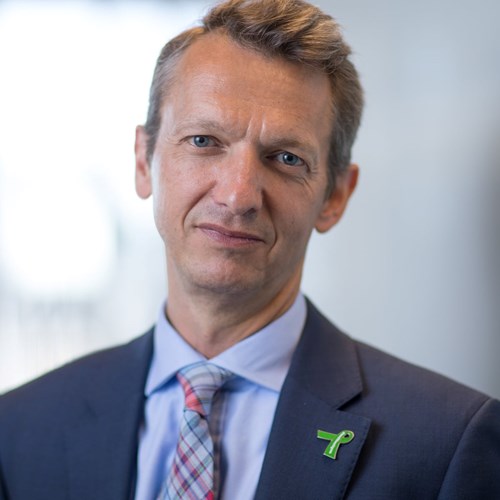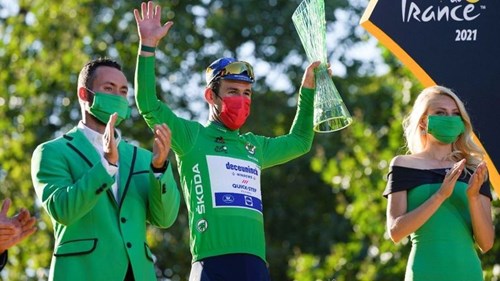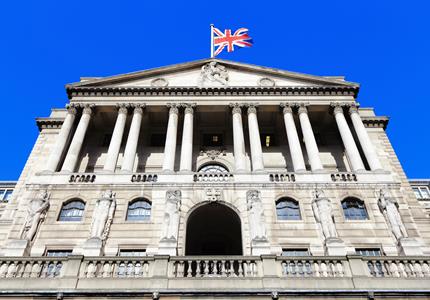

Weekly update - Making headlines
Inflation has been in the news again this week. Last Tuesday, data released in the US showed that year on year core inflation is now over 4.5%. (Source: Pantheon Macro Economics) A day later, the UK reported that CPI inflation increased to 2.5% in June, both figures were above market expectations.
Yet market reaction was muted. The great debate in markets at the moment is how permanent these increases will be? Central Bankers thus far, in both the US and UK, believe that these spikes are caused by temporary issues and inflation will fall back naturally without them having to early take action. Closer examination of the recent data would tend to support that opinion.
In the US, the data was influenced by a record 10.5% increase in the cost of used vehicles. Most people think this is a temporary issue caused by a shortage of new vehicles and increased demand as hire car companies rebuild their fleets. These factors will fade over the summer as the supply of new cars improves.

In the UK, the figures showed that businesses took advantage of the easing of restrictions to increase prices. As an example, which was reported in the Times this week, a standard cup of coffee from Pret a Manger now costs £1.25, up from the pre-pandemic price of 99p. Inflation is expected to continue to rise for the rest of the year with food and energy costs expected to increase. However most people expect demand will drop later in the year as the immediate post-lockdown bounce fades and, for instance, new entrants into the takeaway coffee market limit further price rises.
Seven out of ten global asset managers believe this argument, that current inflation is temporary.
The week continued with further strong data. This revealed that UK companies are hiring staff at a record pace; with vacancies also at a record high, and average weekly earnings up by 7.3%, quite a bit above expectations.
Again the transitory argument is strong. Much of this data is being distorted by the aftermath of the pandemic. As different sectors open up, the demand for labour within these individual sectors increases dramatically but from a very low starting point. This is highlighted by the fact that total hours worked in the UK are still 5% below the pre-pandemic level. Much depends on whether those employees still on furlough move back into full employment as the scheme unwinds. The news in the UK at the moment is reasonably good, 80% of those who were on furlough during the first two lockdowns have now returned to work (source: Resolution Foundation). The furlough scheme will be fully unwound by September and it will only be then that we will know what the final impact of the last 18 months has had on unemployment.
Following the most recent data, there have been signs that the insouciance of some UK policy makers is beginning to be tested.

Andy Haldane, the recently departed Bank of England chief economist and inflation hawk, has repeatedly warned of the dangers of a wage/price spiral (put simply rising wages create rising prices) but his was a lone voice on the committee. However in the last week BoE Deputy Governor Dave Ramsden suggested that inflation could be heading towards 4.00% and that ‘the conditions for considering tightening may come sooner than anticipated’. A day later, another committee member, Michael Saunders, commented that ‘withdrawing stimulus may be appropriate soon’. He went on to say that options might include ending the current asset purchase programme early and/or further monetary policy next year’. (Source: Bloomberg news)
There is a recent parallel with the group mindset shift at the Royal Bank of New Zealand (RBNZ) which has stopped its bond buying this month and increased expectations that it is preparing to raise rates by the end of the year – as recently as April of this year the RBNZ saw risks to the downside.
Until the major economies have fully re-opened, and all of the lumps and bumps have been shaken out, it is too early to tell whether this is a spike or the start of a period of generally higher inflation; but one economist commented last week ’all sustained inflation starts off as transitory’. Source: Bloomberg news)
Finally it was not quite the fairytale ending for Mark Cavendish on the Champs Élysées yesterday but perhaps the most fitting.

He won the green points jersey for the second time, a decade after his first one, but didn’t win the stage and so remains tied with Eddy Merckx on 34 stage wins. Given he was about to retire last year, and wasn’t even supposed to race the Tour de France this year, this is an amazing story and of course there is still the tantalising possibility he will have another go in 2022!


